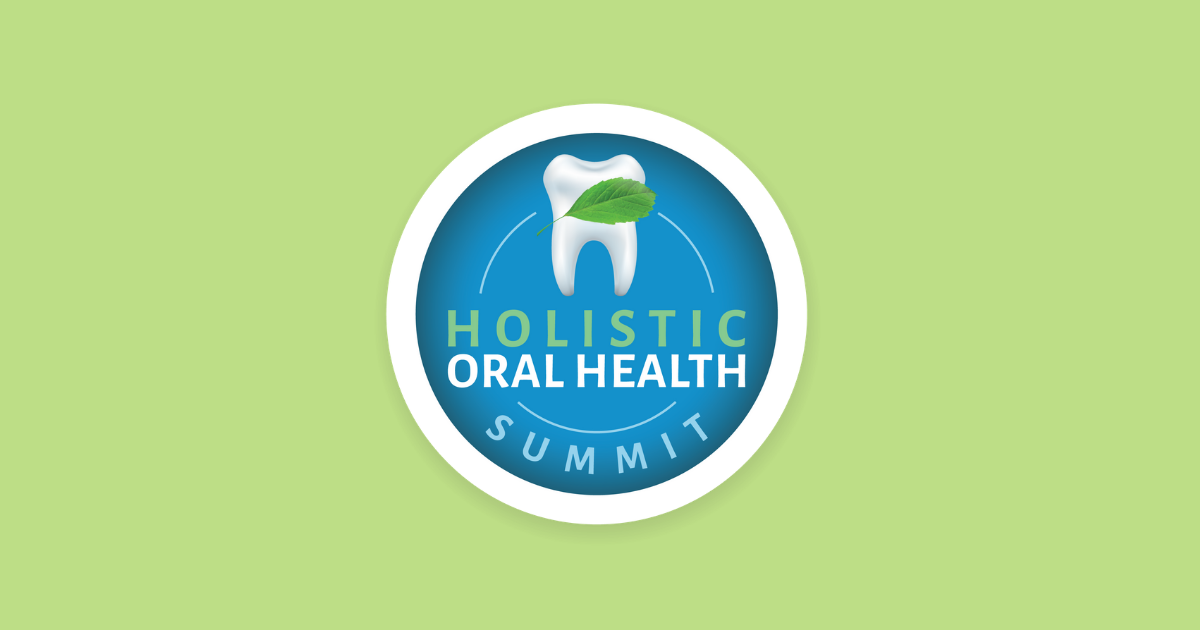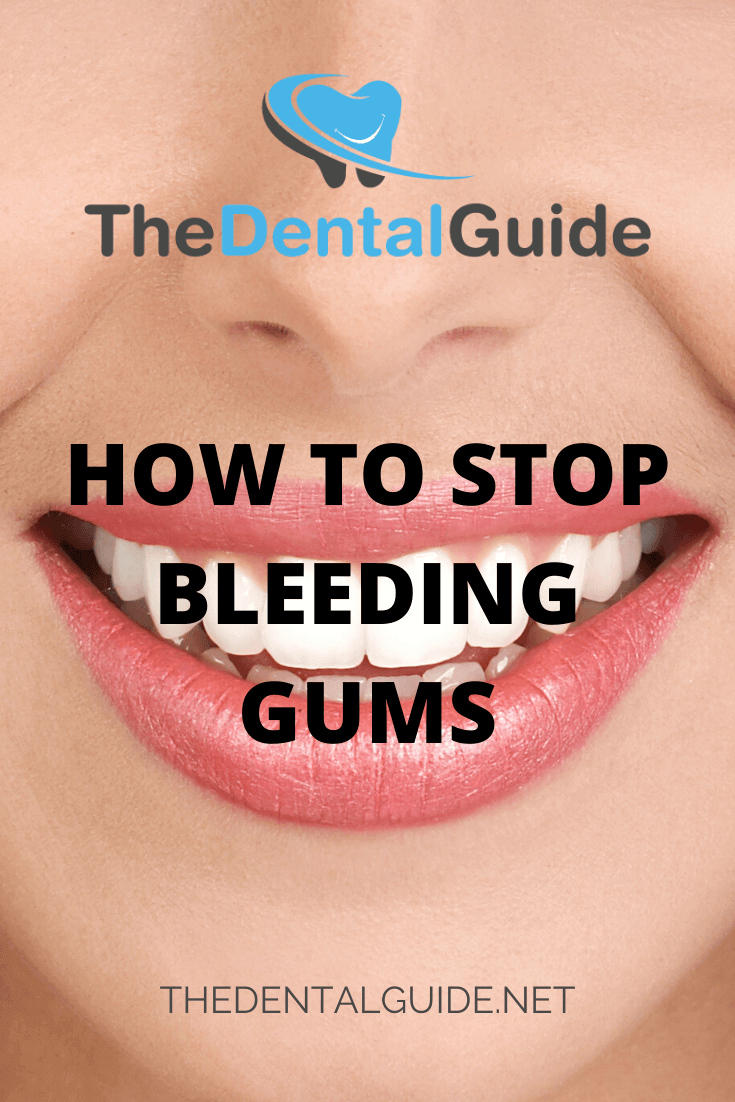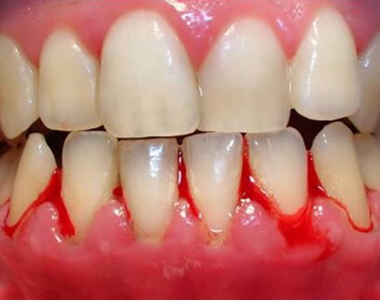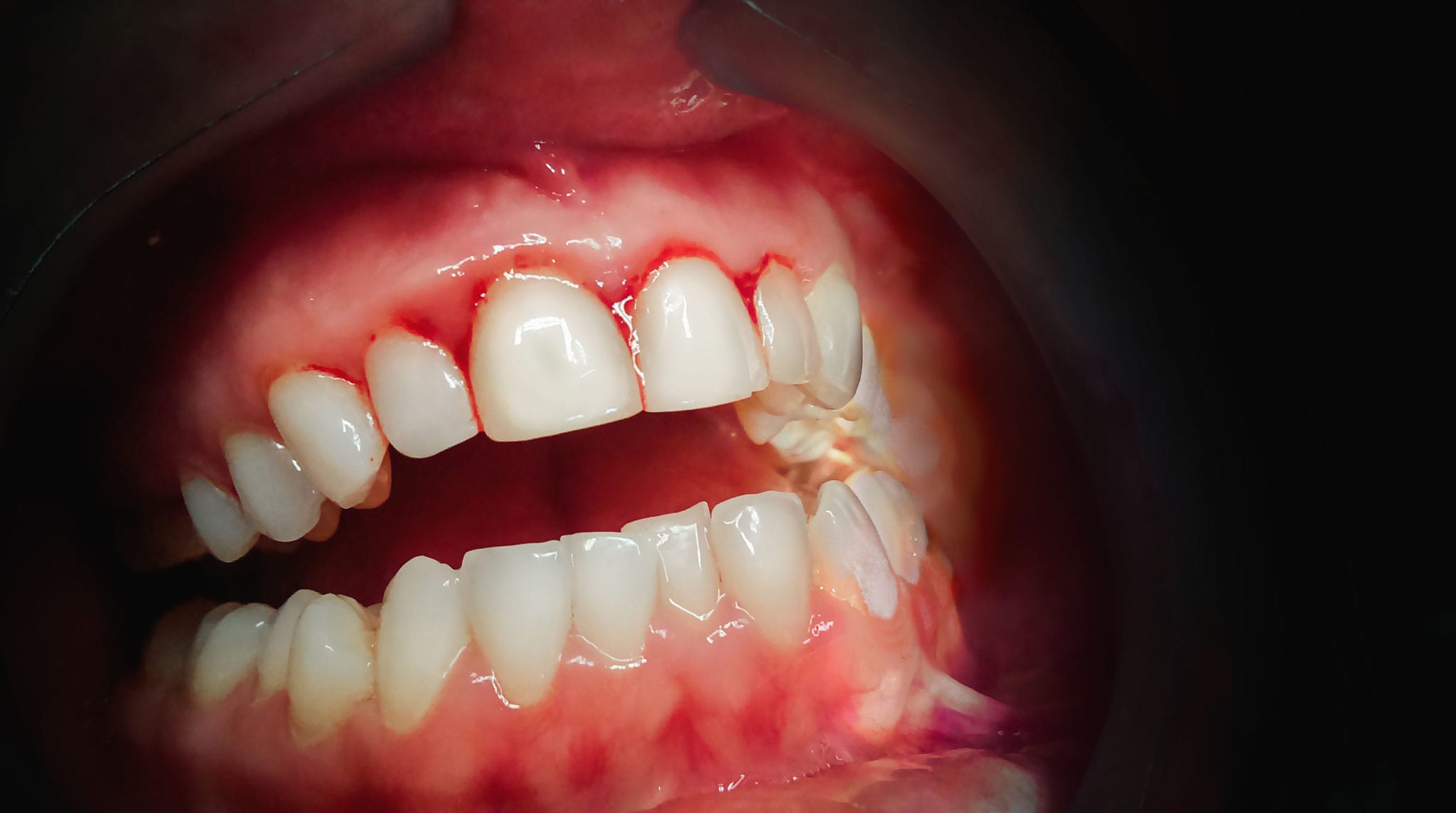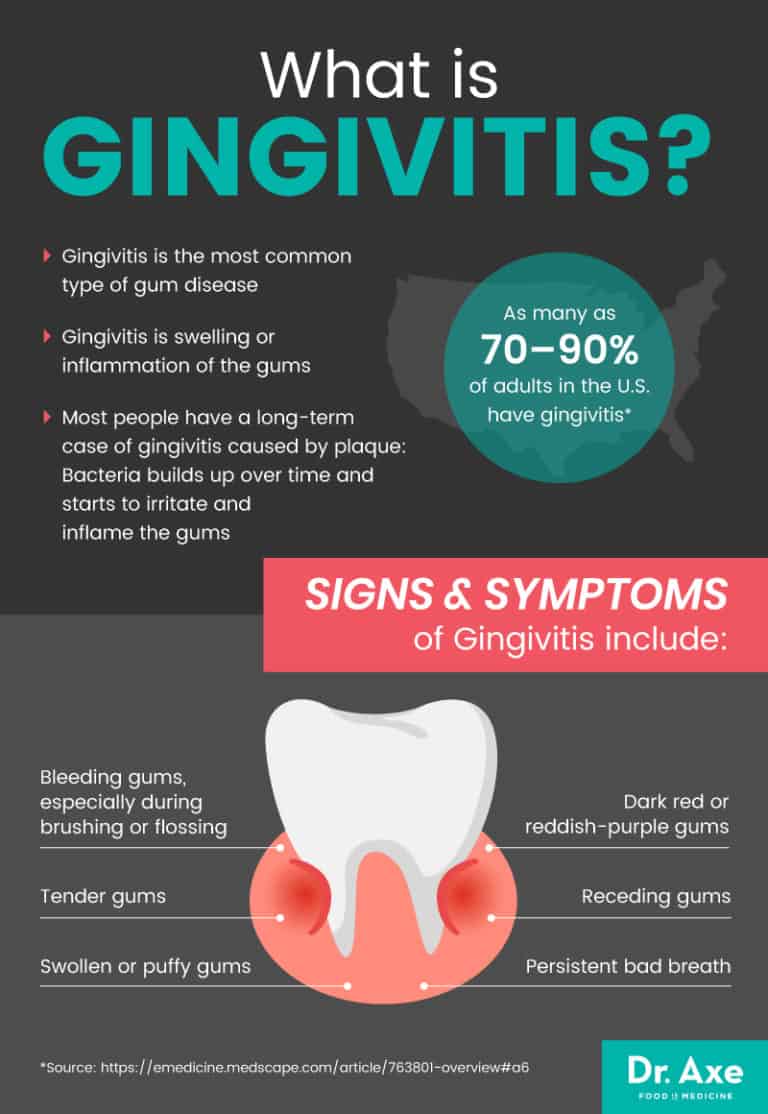
Herbal Helpers for Healing Infected Gums
Hey there! So, you've got infected gums, huh? That's no fun. The throbbing, the swelling, the general yuckiness â€" I get it. Before you rush to the dentist (which you absolutely should, by the way!), let's talk about some herbal solutions that might help speed up the healing process. Now, remember, these are supplements to proper dental care, not replacements. This isn't a "skip the dentist" guide; it's a "let's see how we can support healing naturally" guide.
I'm not a doctor or dentist, so this isn't medical advice. Always chat with your healthcare provider before starting any new herbal remedies, especially if you're on other medications. They can help you figure out what’s best for your specific situation.
Understanding Gum Infection (Gingivitis and Periodontitis)
Before we dive into the herbal solutions, let's quickly understand what's going on. Gum infection, generally called gingivitis in its early stages and periodontitis when it's more severe, is basically an inflammation of the gums caused by plaque buildup. This plaque is a sticky film of bacteria that clings to your teeth. If left unchecked, it can irritate your gums, leading to redness, swelling, bleeding, and even bad breath. In more advanced cases, periodontitis can damage the bone and tissues that support your teeth, potentially leading to tooth loss.
Herbal Remedies for Gum Health
Now for the good stuff â€" the natural helpers that can ease the discomfort and promote healing:
1. Tea Tree Oil: The Mighty Antiseptic
Tea tree oil is a powerhouse when it comes to fighting infection. It has strong antiseptic and anti-inflammatory properties that can help tackle the bacteria causing gum inflammation. You can dilute a tiny amount (a drop or two!) of tea tree oil in a small amount of water and gently swish it around your mouth for a minute or two, then spit it out. Don't swallow it! Remember, it's potent, so use it sparingly and only as a rinse. Too much can irritate your sensitive gums further.
2. Aloe Vera: Soothing and Healing
Aloe vera is known for its soothing and healing properties. Its gel can reduce inflammation and promote tissue regeneration. You can apply a small amount of pure aloe vera gel directly to your infected gums a couple of times a day. Make sure it's pure aloe vera gel, not a product with lots of added ingredients.
3. Turmeric: The Golden Anti-Inflammatory
Turmeric, thanks to its active compound curcumin, boasts impressive anti-inflammatory and antimicrobial properties. You can make a turmeric mouthwash by mixing a teaspoon of turmeric powder with a cup of warm water. Swish it around your mouth for a minute or two before spitting it out. Be prepared for some yellow staining â€" turmeric is a powerful colorant! You can also consider adding it to your diet for its overall health benefits.
4. Myrrh: Ancient Remedy for Oral Health
Myrrh has been used for centuries to promote oral health. It's known for its antiseptic and astringent properties, helping to reduce inflammation and kill bacteria. Myrrh is often found in mouthwashes and other oral care products. You can also find myrrh extract in supplement form, but always follow the recommended dosage.
5. Clove Oil: Numbs the Pain and Fights Infection
Clove oil contains eugenol, a natural anesthetic and antiseptic. A tiny drop directly applied to the infected area can provide temporary pain relief and help fight infection. However, use it very sparingly, as it can be quite potent and may cause irritation if overused. A diluted clove oil mouthwash is another option.
6. Saltwater Rinse: The Simple Solution
This one's a classic for a reason! A warm saltwater rinse is a simple and effective way to clean your mouth, reduce inflammation, and help remove debris. Just dissolve a teaspoon of salt in a cup of warm water and rinse several times a day. This helps to draw out impurities and soothe irritated gums. It's a gentle approach that everyone can use.
Lifestyle Changes to Support Healing
Alongside herbal remedies, consider these lifestyle adjustments to boost your gum health and speed up healing:
- Improve your oral hygiene: Brush your teeth twice a day with a soft-bristled toothbrush and floss daily. This is crucial to prevent further infection and promote healing.
- Eat a healthy diet: Focus on nutrient-rich foods that support overall health and gum health specifically. Foods rich in Vitamin C, for example, are great for gum health.
- Manage stress: Stress can weaken your immune system, making you more susceptible to infections. Find healthy ways to manage stress, like exercise, yoga, or meditation.
- Quit smoking: Smoking significantly impairs gum healing and increases the risk of gum disease. Quitting is one of the best things you can do for your overall health.
- Stay hydrated: Drinking plenty of water helps to keep your mouth clean and moist, which is crucial for a healthy mouth.
Frequently Asked Questions (FAQs)
Let's tackle some common questions:
- Q: How long will it take for these remedies to work? A: It varies depending on the severity of the infection and your individual response. You might notice some improvement within a few days, but it might take longer for complete healing.
- Q: Can I use these remedies instead of seeing a dentist? A: No! These are supportive measures, not replacements for professional dental care. See a dentist for diagnosis and treatment of gum infections.
- Q: Are there any side effects to these herbal remedies? A: Possible side effects are rare but can include allergic reactions or irritation. Always start with a small amount to test your sensitivity.
- Q: How often should I use these remedies? A: The frequency depends on the specific remedy and your individual needs. Refer to the instructions provided above or consult with a healthcare professional.
- Q: What if my symptoms don't improve after a week? A: If your symptoms persist or worsen, seek professional dental care immediately.
Remember, taking care of your gums is vital for your overall oral health. Using herbal remedies can be a helpful addition to your dental routine, but professional care is essential for proper diagnosis and treatment. Don't hesitate to reach out to your dentist or doctor if you have any concerns.

